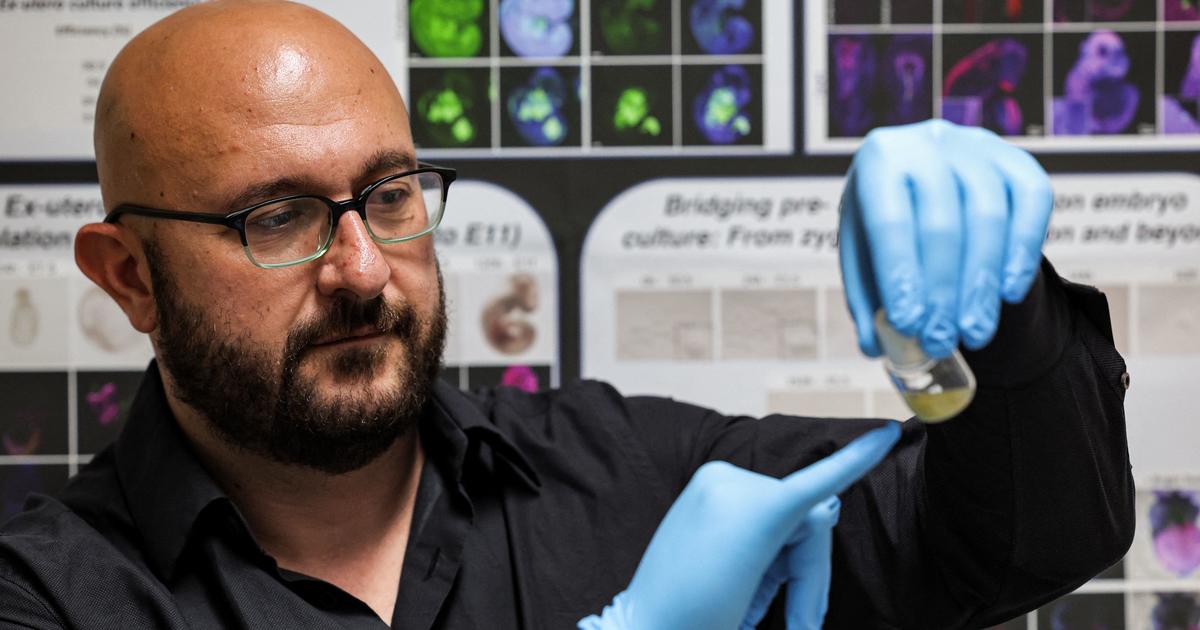
Lab-grown human "embryo-like structures" bring hope for research into early-pregnancy complications
CBSN
Bangkok — Scientists have developed human embryo-like structures without using sperm, an egg or fertilization, offering hope for research on miscarriage and birth defects but also raising fresh ethical concerns.
Earlier this year, several labs around the world released pre-print studies that had not been peer-reviewed, describing their development of early human embryo-like structures. Now one group's research has been published in the peer-reviewed journal Nature, describing how they coaxed human embryonic stem cells to self-organize into a model resembling an early embryo.
The research was welcomed by some scientists as an "impressive" advance that could help unlock secrets about the precarious early stages of pregnancies, when failure is most common.

Scientists say they've discovered the world's biggest coral, so huge it was mistaken for a shipwreck
Scientists say they have found the world's largest coral near the Pacific's Solomon Islands, announcing Thursday a major discovery "pulsing with life and color." The coral is so immense that researchers sailing the crystal waters of the Solomon archipelago initially thought they'd stumbled across a hulking shipwreck.










